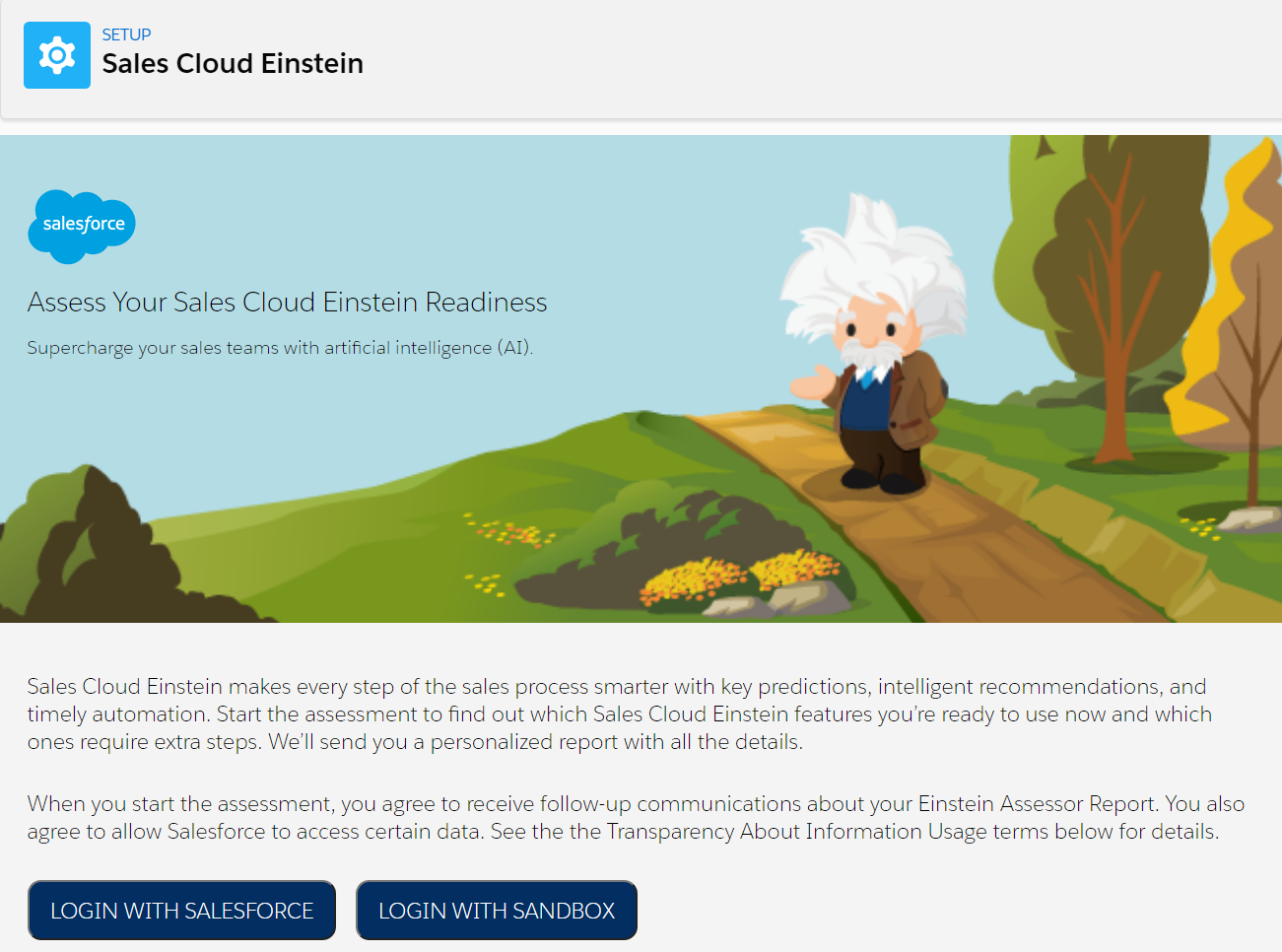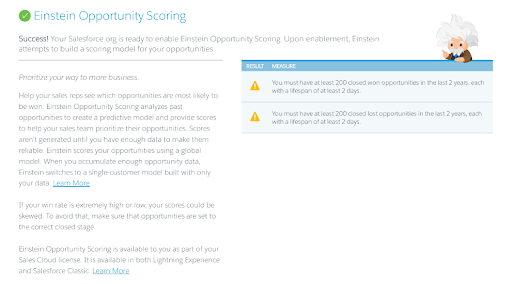Salesforce is working hard to embed more and more artificial intelligence into their platforms, fully democratising features such as Einstein Opportunity Scoring. Part of this mission involves rolling out global models to make Opportunity Scoring and Lead Scoring ever more intelligent and powerful.
I was fortunate enough to have an in-depth conversation with Roni Yahav, Senior Product Manager for Sales Cloud Einstein at Salesforce, to gain his valuable insights into global models. In this article, we’ll dive into everything you need to know about global models, from how they work, to how to opt out.
What are Global Models and How Do They Work?
“Global models look for aggregate, anonymous trends across many Salesforce customers.” In layperson’s terms, this means gathering data from multiple Salesforce orgs and analysing it for trends that can then be applied to features such as Opportunity Scoring or Lead Scoring. Einstein Opportunity Scoring and Lead Scoring analyzes your data and predicts which opportunities or leads are most likely to convert.
While artificial intelligence is incredibly exciting, it relies on having plenty of data to work with; the more data, the better the predictions. Thus, global models and gathering training data for them allows everyone to use Einstein.
Global models are important for customers who wish to use Einstein features but do not have enough data of their own to train a custom model. This might be because they are a new company or new to CRM and have little, if any, existing data. Without data, Einstein cannot create a local data model that can provide scores and recommendations.
What’s Changed?
Global models enables businesses that previously couldn’t use features such as Opportunity Scoring to do so now. It no longer matters if you don’t meet the requirements to generate a local scoring model. If your data is insufficient, Salesforce will use a global model until you have enough of your own data to create accurate scores.
Features such as Einstein Opportunity Scoring recalculate your data and the data model approximately every 10 days, so as soon as you meet the requirements, you can be confident that Salesforce will switch you from a global model to a local scoring model automatically. You can also check to see if you are using a local or global model at any time via setup.
How do Global Models Affect My Data?
It’s completely understandable to be concerned about sharing your data, but rest assured, global models don’t reveal their underlying data, meaning your data is not shared with other customers. Your data remains in Salesforce’s trusted AWS environment and nothing changes in terms of security, privacy or data residency. For more information, check out the Trust and Compliance Documentation here.
Global Model Opt-Out
Global models rely on gathering anonymous data from multiple Salesforce orgs; however for some companies, data sharing is restricted under any circumstances. If this is the case, you can opt out and exclude your data from being included.
To opt out, you’ll need to log a case with Salesforce Support.
Summary
The time is now to get started with artificial intelligence in Salesforce. Global models provide the perfect opportunity to start reaping the benefits of Salesforce Einstein in your organization. If previously you were ineligible to use Opportunity Scoring, with global models you might find that you can now start using this feature. Use the readiness check to find out.
Don’t forget that as the Admin, you can enable Opportunity Scoring, without alerting your users, if you want to test it first. Simply remove the new scoring fields from view or control visibility using permissions sets until you are satisfied that the scores will provide genuine business value. If you’re ready to set up Einstein Opportunity Scoring, check out our full guide here.



